Tag
#Prague
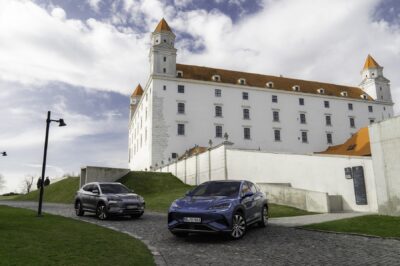
BYD launches in Slovakia and the Czech Republic
08.04.2025

Prague considers mandetory electric taxis by 2030
28.02.2025
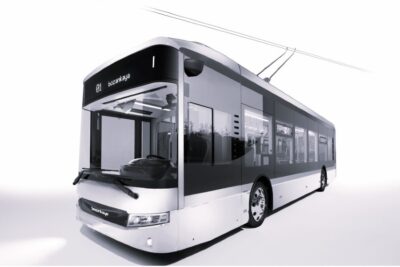
Bozankaya to manufacture up to 70 trolleybuses for Prague
23.01.2025
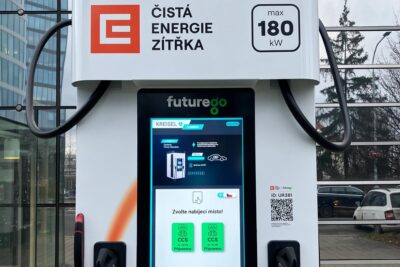
ČEZ presents the Czech Republic’s first fast-charging station with battery storage
06.01.2025
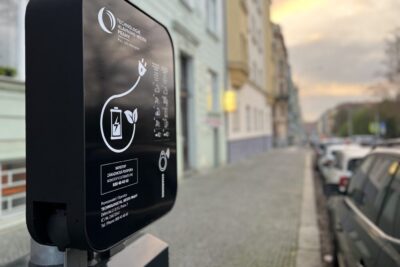
1,000 lamppost charging points for Prague
27.09.2024
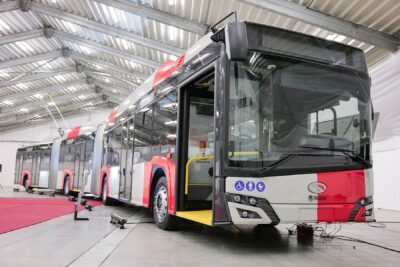
Double bendy tram buses built by Skoda and Solaris arrive in Prague
22.11.2023
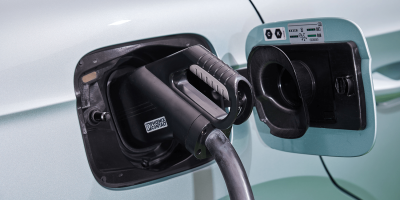
Skoda to install 200 ultra-rapid charge points in Prague
23.06.2022
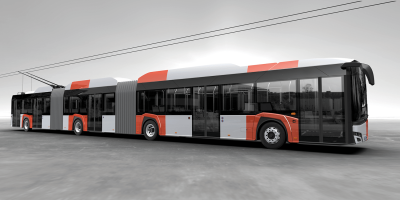
Prague orders 20 e-buses from Solaris & Skoda Electric
20.02.2022
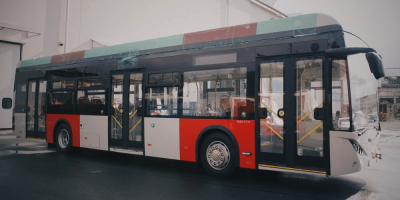
Skoda Transportation & Temsa debut E’City trolley bus
01.12.2021
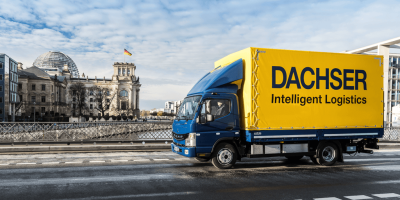
Dachser to deliver emission-free in 11 EU cities
11.05.2021
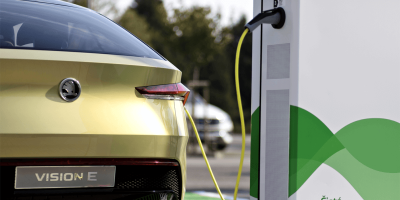
Prague’s charging infrastructure set to grow
25.02.2021
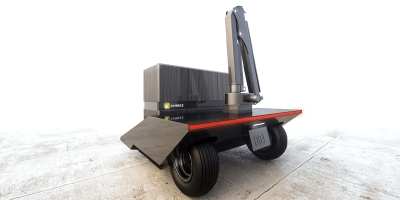
Mobile charger by Nimble Energy comes on-demand
09.02.2021
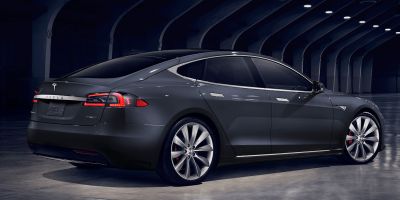
Not enough power for the getaway
26.03.2020

Škoda Auto’s BeRider e-scooters return to Prague
28.02.2020
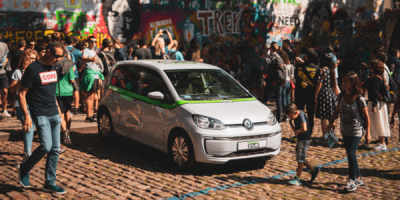
GreenGo electric car-sharing expands to Prague
26.02.2020
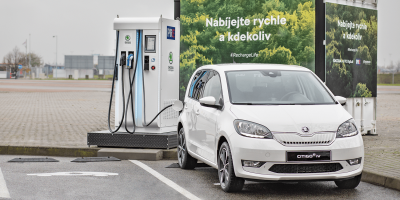
CZ: Škoda installs fast-charging with flywheel tech
17.11.2019
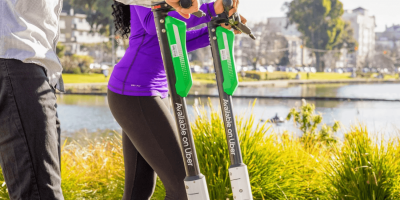
Uber & Lime expand cooperation in Europe
16.08.2019

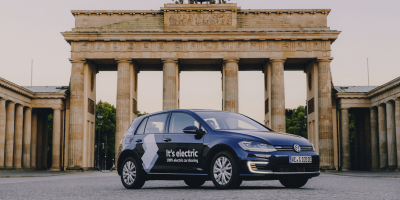
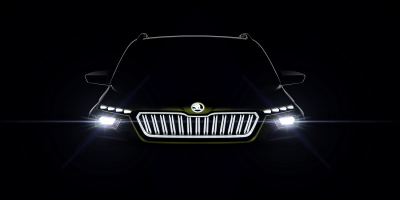
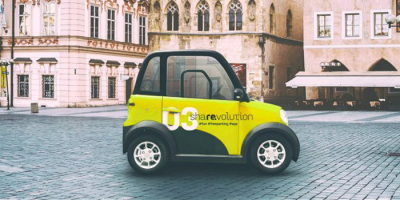
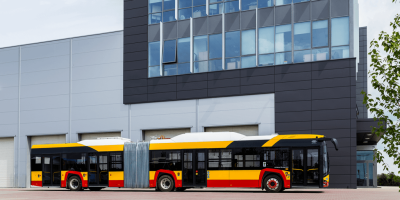
Last commented